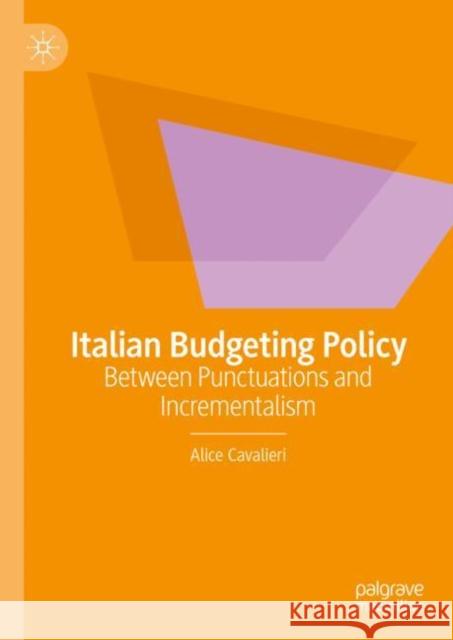Italian Budgeting Policy: Between Punctuations and Incrementalism » książka
Italian Budgeting Policy: Between Punctuations and Incrementalism
ISBN-13: 9783031154461 / Angielski / Twarda / 2023 / 246 str.
Italian Budgeting Policy: Between Punctuations and Incrementalism
ISBN-13: 9783031154461 / Angielski / Twarda / 2023 / 246 str.
(netto: 474,01 VAT: 5%)
Najniższa cena z 30 dni: 497,71 zł
ok. 20 dni roboczych.
Darmowa dostawa!
This book assesses Italian budgetary policy over the last thirty years. Covering more than three decades of political change and national transformation, it considers the institutional and external factors that have shaped long-term budgetary changes. The book analyses the levels of expenditure allocation across varying budget categories, and compares the budget bill and budget law in order to shed new light on the specific dynamics that have influenced budgetary decision-making processes. Overall, the book provides important conclusions on the role of the budget as a governmental policy instrument, the consequences of multilevel governance over national budgetary policy, and the impact of national and international crises on budgetary changes. With Italy being one of the most important parliamentary democracies in Europe and a key actor within the European Union, these conclusions have important repercussions for other European parliamentary democracies. The book will appeal to scholars and students of European public policy, public administration and economic governance.
This book assesses Italian budgetary policy over the last thirty years. Covering more than three decades of political change and national transformation, it considers the institutional and external factors that have shaped long-term budgetary changes. The book analyses the levels of expenditure allocation across varying budget categories, and compares the budget bill and budget law in order to shed new light on the specific dynamics that have influenced budgetary decision-making processes. Overall, the book provides important conclusions on the role of the budget as a governmental policy instrument, the consequences of multilevel governance over national budgetary policy, and the impact of national and international crises on budgetary changes. With Italy being one of the most important parliamentary democracies in Europe and a key actor within the European Union, these conclusions have important repercussions for other European parliamentary democracies. The book will appeal to scholars and students of European public policy, public administration and economic governance.











